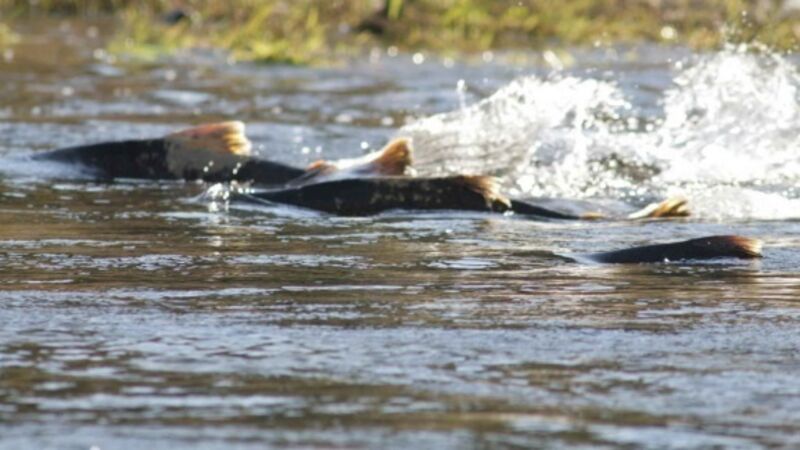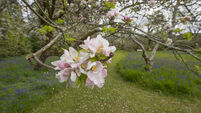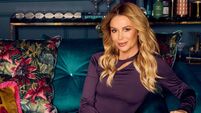Donal Hickey: The sea has the answer to dwindling salmon stocks

AS most Irish and European rivers are now closed for normal, wild salmon fishing, a respected Norwegian salmon scientist has called for new thinking on why stocks are seriously dwindling.













